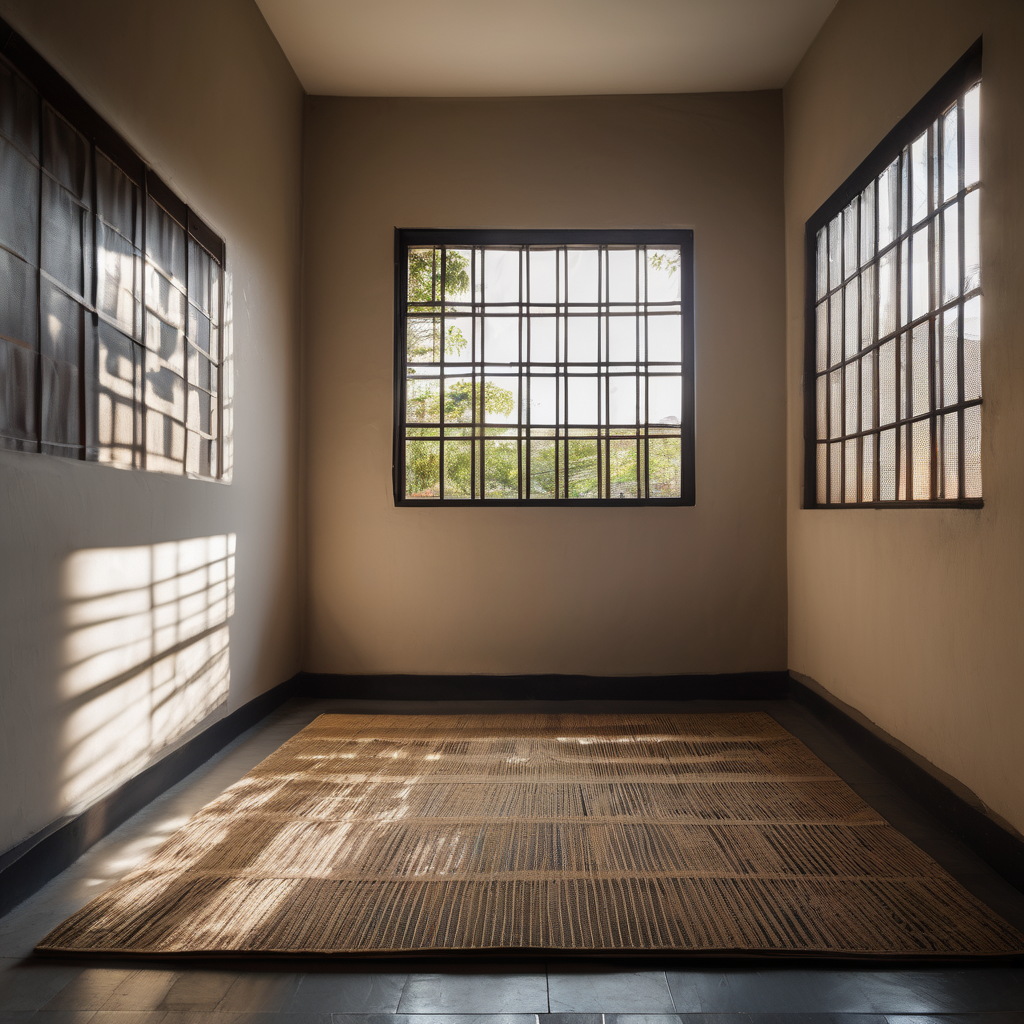Recent prison statistics in Fiji have unveiled concerning trends within the inmate population, indicating a rise in serious crimes among both the elderly and youth. Superintendent Isireli Dausiga, the director of Rehabilitation at the Fiji Corrections Service, reported that inmates aged between 51 and 85 have been convicted of severe offenses, including rape, sexual assault, money laundering, and murder. This shift in demographic patterns marks a departure from earlier observations where older individuals were not typically associated with such violent behavior.
Meanwhile, younger offenders are primarily linked to “grab-and-run” thefts and substance abuse, underscoring the complexity of the challenges facing the corrections system. Dausiga described these findings as a “wake-up call” for families, emphasizing that prison has become a troubling “exit point” for school leavers lacking parental and moral guidance.
Out of a total of 1,654 prisoners, a notable 72 percent are iTaukei, while Indo-Fijians make up 22 percent. The emergence of inmates from smaller communities like the Rotumans and Banabans—including their first recorded cases in 30 years—further complicates the narrative around crime in Fiji.
Dausiga highlighted the youth prison population at 739, reflecting broader social issues. The role of religion was also brought to light, with 83 percent of inmates identifying as Christian, 12 percent as Hindu, and 5 percent as Muslim. He called upon the Christian community to translate faith into moral conduct, stressing that the home environment serves as the primary setting for moral education.
Additionally, the statistics reveal that 14 inmates suffer from mental health issues and 129 are aged between 61 and 85, facing various health challenges including dementia, which forces corrections facilities to also act as elder care homes.
This alarming rise in crime, particularly among the youth, echoes earlier discussions led by officials, such as the Commissioner for Corrections, who raised similar concerns about juvenile offenders. Reports indicated 74 individuals aged 25 and under currently in Fiji’s corrections facilities, with ongoing projects aimed at rehabilitating and reintegrating these young people into society.
Amid these grave statistics, there is optimism as authorities continue to advocate for community support and proactive measures to prevent youth from entering the corrections system. By fostering partnerships between families, local communities, and government bodies, there exists the potential for a brighter future for Fiji’s young generation, steering them toward positive choices and healthier lives.
